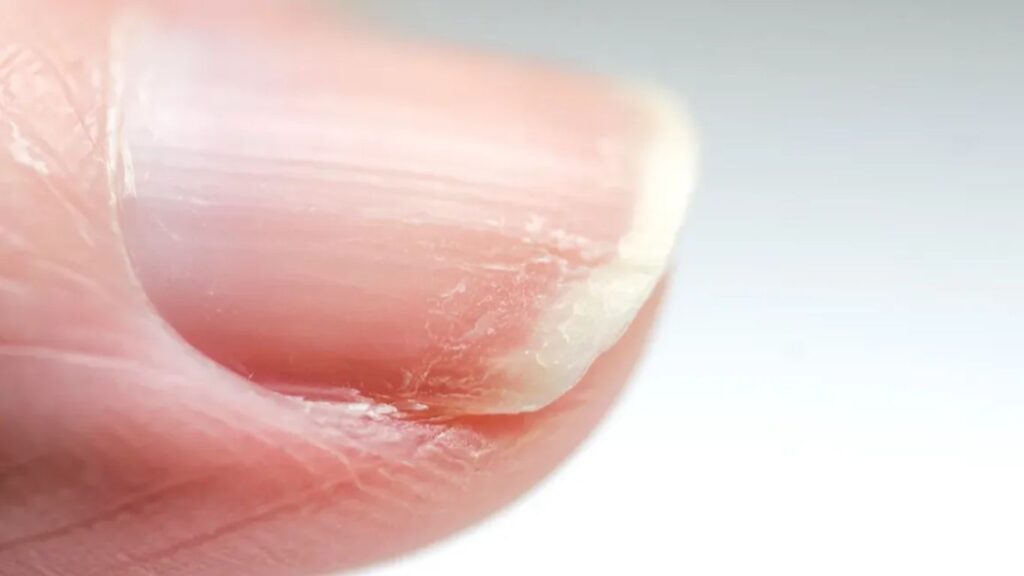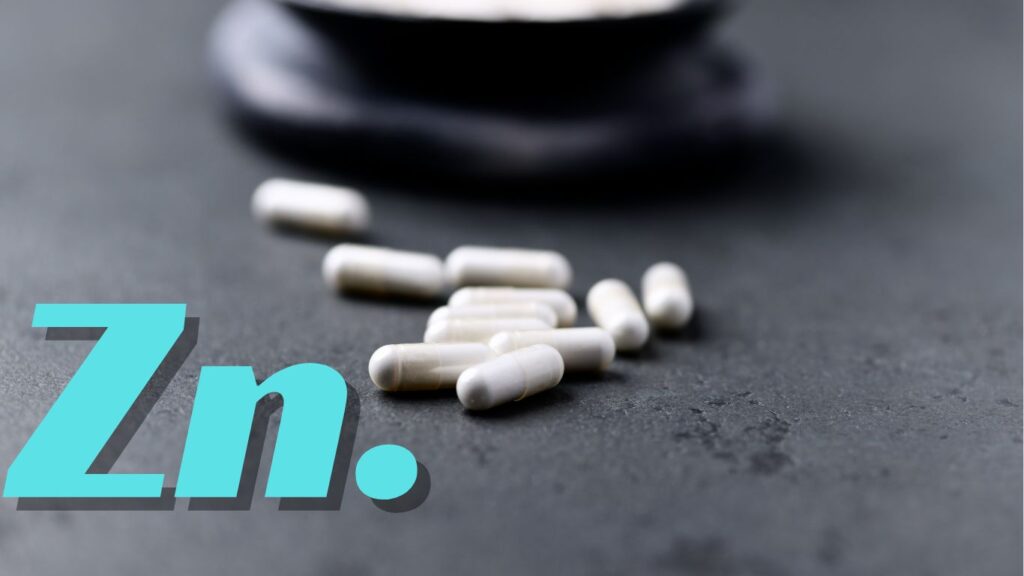Zinc stands as a cornerstone mineral in the architecture of human health, wielding significant influence over immune function, cellular proliferation, and the healing of wounds. Its indispensability extends to over 300 enzymatic reactions, underpinning both DNA synthesis and protein production, which are foundational to bodily growth and repair processes. This exploration into zinc’s realm is not merely academic; it aims to shed light on the pivotal moments when the body’s natural reserves are insufficient, necessitating a turn towards supplementation. In a world where dietary limitations and certain health conditions can diminish zinc levels, understanding when to supplement becomes as crucial as the mineral itself. Through this blog, we embark on a journey to demystify the circumstances that call for additional zinc intake, elucidating its myriad benefits. Our goal is to arm readers with the knowledge to make informed decisions about zinc supplementation, optimizing health and enhancing the body’s natural resilience.
Zinc Supplementation: When and Why It Becomes Necessary
Understanding Zinc
- Zinc’s Role in the Body:
- Enzyme Reactions: Zinc acts as a catalytic agent for over 300 enzymes, playing a crucial role in various biochemical processes including digestion and metabolism.
- Protein Synthesis: Essential for the creation of proteins, zinc supports the body’s growth and repair mechanisms.
- DNA Synthesis: Integral for cell division and growth, zinc is vital for DNA synthesis, influencing genetic expression and overall health.
- Daily Zinc Requirements:
- Varied by Age and Gender: RDAs for zinc differ across age groups and genders. For instance, adult men require about 11 mg/day, while adult women need 8 mg/day.
- Increased Needs in Specific Groups: Pregnant and lactating women have higher zinc needs, at around 11-13 mg/day, to support fetal and infant development.
- Sources of Zinc:
- Meat: Chicken and red meat are excellent sources of zinc, providing significant amounts per serving.
- Shellfish: Oysters, crabs, and lobsters are particularly high in zinc, often exceeding daily requirements in just one serving.
- Legumes: Beans, lentils, and chickpeas offer a plant-based zinc source, beneficial for vegetarians and vegans.
- Seeds and Nuts: Pumpkin seeds, hemp seeds, and cashews are not only rich in zinc but also provide other essential nutrients.
- Dietary Benefits: Obtaining zinc from food ensures a balanced intake of other nutrients, promoting overall health beyond just meeting zinc requirements.

Signs of Zinc Deficiency
- Identifying Deficiency:
- Weakened Immune Response: Frequent infections and illnesses due to compromised immunity.
- Hair Loss: Unusual hair shedding or thinning, signaling poor nutrient absorption.
- Delayed Wound Healing: Slow recovery from injuries or surgeries, indicative of impaired cellular repair mechanisms.
- Skin Conditions: Development of rashes or acne-like lesions, especially around orifices.
- Taste and Smell Alterations: Diminished ability to taste or smell, affecting appetite and food enjoyment.
- Growth Impairment in Children: Stunted growth and delayed development, highlighting zinc’s role in growth processes.
- Risk Factors for Zinc Deficiency:
- Dietary Restrictions: Vegetarians, vegans, and those avoiding zinc-rich foods face higher deficiency risks.
- Gastrointestinal Disorders: Conditions like Crohn’s disease, ulcerative colitis, and other malabsorption syndromes impair zinc uptake.
- Chronic Kidney Disease: Reduced renal function can lead to excessive zinc loss.
- Alcoholism: Excessive alcohol consumption interferes with zinc absorption and increases urinary zinc excretion.
- Age: Elderly individuals may have reduced dietary zinc intake and altered absorption efficiency.
- Medications: Certain drugs, including diuretics and some antibiotics, can hinder zinc absorption or increase zinc loss.
When Zinc Supplementation Becomes Necessary
- Medical Conditions and Zinc Supplementation:
- Gastrointestinal Diseases: Conditions like Crohn’s disease and ulcerative colitis impair zinc absorption, necessitating supplementation.
- Sickle Cell Disease: Increased red blood cell turnover in this condition elevates zinc requirements, making supplementation beneficial.
- Malabsorption Syndromes: Diseases that hinder nutrient absorption often lead to zinc deficiencies, requiring supplemental intake.
- Lifestyle and Dietary Considerations:
- Vegetarians and Vegans: With main zinc sources being animal products, these groups risk zinc deficiency and might need supplements.
- Dietary Restrictions: People avoiding zinc-rich foods due to allergies or personal choices may require supplementation to meet their zinc needs.
- High Phytate Diets: Diets high in phytates (found in whole grains and legumes) can inhibit zinc absorption, underscoring the importance of supplementation for some individuals.
- Age-Related Needs:
- Infancy: Rapid growth necessitates higher zinc intake, sometimes requiring supplementation, especially in breastfed infants after 6 months.
- Pregnancy: Increased zinc is crucial for fetal development, often necessitating supplements to meet the mother’s and baby’s needs.
- Old Age: Elderly individuals may have decreased zinc absorption and dietary intake, highlighting the importance of supplementation to prevent deficiency.

Choosing the Right Zinc Supplement
- Types of Zinc Supplements:
- Zinc Gluconate: A popular form due to its moderate absorption rate and gentleness on the stomach. Ideal for those with sensitive digestive systems.
- Zinc Sulfate: Known for its high zinc content and cost-effectiveness. However, it may cause stomach upset more frequently than other forms.
- Zinc Picolinate: Often recommended for its superior absorption. Studies suggest it’s more effectively used by the body, making it a preferred choice for boosting zinc levels.
- Zinc Citrate: Similar to zinc gluconate in terms of absorption and stomach compatibility, with a neutral taste that makes it suitable for oral health products.
- Zinc Acetate: Used both as a dietary supplement and in treatments for the common cold, showing effectiveness in reducing symptom duration.
- How to Choose:
- Consider Your Needs: Assess your health status and dietary intake to determine your need for supplementation.
- Check for Additives: Opt for supplements with minimal added ingredients to avoid unnecessary fillers and potential allergens.
- Absorption Factor: Choose a form known for good absorption, such as zinc picolinate, especially if you have digestive issues.
- Consult Healthcare Professionals: Always seek advice from a healthcare provider to ensure the chosen supplement meets your specific health requirements and to avoid potential interactions with medications.
Potential Risks and Side Effects
Adhering to safe supplementation practices is crucial when incorporating zinc into your health regimen. Excessive intake of zinc can lead to several adverse effects, including copper deficiency, a critical mineral for cardiovascular health and immune function. High levels of zinc can also provoke gastrointestinal issues, such as stomach pain, nausea, and diarrhea. When supplementing with zinc, it’s important to be mindful of the common side effects, which, besides the aforementioned, can include headaches and a metallic taste in the mouth. If these symptoms persist or worsen, it’s essential to seek medical advice. Over-supplementation may disrupt the body’s mineral balance and interfere with the absorption of other essential nutrients. Therefore, consulting with a healthcare professional before starting zinc supplementation ensures you’re taking a safe and beneficial amount tailored to your specific health needs.

Conclusion
zinc is a pivotal mineral essential for numerous bodily functions, from immune defense to wound healing. Understanding when and why zinc supplementation becomes necessary is crucial for maintaining optimal health. Whether due to dietary restrictions, specific health conditions, or life stages that demand higher zinc intake, supplementation can play a key role in fulfilling these increased needs. However, it’s vital to approach zinc supplementation with informed caution, recognizing the balance needed to avoid potential risks and side effects. Always consult with a healthcare professional to ensure your zinc intake supports your health without compromising it.
Also read: Benefits of Eating Pistachios Daily
